This article first appeared in The Alt on June 28, 2017.
Photos by Kiki Vassilakis
Leah Penniman is in perpetual motion; like hosts of others who cultivate and care for the land, she is propelled forward by the sun, determined to use each second of daylight in service to her land, her crops and her family. While posing for pictures she can’t help but stop and pull a weed from the crop bed; while talking to a reporter she connects, bends and erects tent poles in a wide-open field—she’s preparing for a host of guests. This weekend Soul Fire will host its first alumni weekend, along with its Soulstice bash, which features food from local restaurants and a host of local musicians, including Taina Asili and DJ Trumastr.
Soul Fire isn’t a typical farm, and despite her instincts, background, education Penniman isn’t exactly the typical farmer—especially out here in Petersburg, a small town in northeastern Rensselaer County. The 2012 Census of Agriculture found only 1.4 percent of the nation’s 32 million farmers are black. That study did show a 12 percent increase in black farmers since the 2007 survey, but most black farmers live in the south. Black farmers are substantially less likely to own and operate a farm than white farmers.
Penniman and her partner Jonah Vitale-Wolff want to change that.
Both worked in education and various aspects of the food justice movement for years. In 2007 they bought the 70-acre parcel that would become Soul Fire Farm. In 2010 they moved permanently from their residence in Albany’s South End to the farm.
Seven years later, the farm and its work combating racial disparity in the food system, training black, Latino and indigenous people in farming, providing the economically disadvantaged access to fresh food and undoing years of fear and stigma blacks have attached to farming and rural areas has become a Capital Region institution. It is supported by the likes of Asili and Trumastr and has ties to restaurants like Umana and Sunhee’s Kitchen.
“We’re just trying to do the right thing and act with integrity and always in response to what the community is asking us for,” says Penniman as she plants a tent pole in the ground. “It is very common for farms to have an apprenticeship program. Because I’m a mixed-black woman—not many farms are led by women of color—a lot of people of color want to come to our farm. But we found apprenticeship is not the right model. People had a lot of inherited ancestral trauma—generations of slavery and sharecropping—our people have really confused the land with the oppressor, and the oppressor is white supremacy. So we can’t just do commercial farming; we have to have a culturally relevant, trauma-informed reintroduction to land for our people.” Penniman pauses to pull the fabric over a tent’s plastic skeleton.

“So we created a program that clearly there was a need for and posted it on Facebook, and in 24 hours the program was filled up. We’ve never been into self-promotion or celebrity activism, anything like that, but solving problems in the community based on what community says it needs is how we built ourselves, and I feel like as long as we’re doing that, everything else has a waiting list.”
The tents Penniman is piecing together represent the wide-ranging success of Soul Fire’s Black and Latino Farmer Immersion program, which has attracted hundreds of attendees from 37 states. “There was a clamor, now that the program has existed for four years,” says Penniman. “There were regional reunions with the Philly and Boston crews, but we haven’t had one here yet, so we just tagged on the reunion right before the Soulstice party we do every year. The main goal is to rekindle that BFLI moment, where people say, ‘This is what it feels like to be fully alive. This is what it would feel like if we were free,’ and we just let the magic flow.”
The BFLI program offers people of color a chance to connect to the land on their terms while being trained in basic farming and whole food preparation by Penniman and her team. Soul Fire recently introduced a 2.0 program for alumni who have 2,000 hours in growing experience.
“Participants will leave knowing how to plan a garden, prepare raised beds, plant from seed, transplant, harvest, make and use compost, properly use hand tools, work with micro-nutrients, manage pests with chemicals, wild-craft, process firewood, care for chickens, process chickens for meat, cook using whole foods, preserve the harvest and select and utilize medicinal herbs. All of this takes place in a culturally relevant and supportive environment. Each day will include 5 hours of hands on work-learning, 2 hours of classes on sustainable living skills, and 1-hour personal reflection, plus optional evening cultural activities,” promises the farm’s website.
The cost is determined on a sliding scale from $100 to $1,000 dollars. The actual value of the program is estimated to be $890.
“Racists in the south drove us off, discrimination has driven us off the land, but we have more history of being stewards of the land, and I see this as a homecoming that we do,” says Penniman. “We all need the earth—maybe not as farmers, but our ancestors knew the earth had a certain kind of wisdom you couldn’t get anywhere else. Science teaches us trees talk to each other; the momma tree sends sugars if her saplings need nutrients, trees send info to each other if attacked by pests. Without that primordial font of wisdom and knowledge there is a part of our soul that is incomplete. I feel like when you connect, you’re finding your way home in some way.”

Alumni from the BFLI program have gone on to start their own programs in places like Georgia and New York City. Penniman says she doesn’t see it as franchising because the alumni are responding directly to the needs of their community, and she won’t presume that Soul Fire’s program is designed to address them.
Soul Fire doesn’t just offer training; it offers its crops to the residents of Albany and Troy who need it the most. They’re working on training more drivers to staff their home delivery program. Financially disadvantaged residents of Albany and Troy can pay for fresh produce on a sliding scale based on income; Soul Fire also takes EBT payments.
While Penniman and Vitale-Wolff have been building Soul Fire, there has been an explosion of supermarkets across the Capital Region, from boutique-style chains like Whole Foods and Fresh Market to an influx of ShopRites, Price Rites and the like. The suburbs and commercial boulevards are covered in supermarkets. They have not, however, moved into the neighborhoods in most need of fresh food, neighborhoods labeled food deserts by the USDA.
Penniman says she isn’t surprised that the corporations ignored those areas.
“Our food system was built on oppression—from the stealing of land from the indigenous people to the the kidnapping of people to work the land, to even the laws we have to this day that exclude food workers and farm workers from major labor protections. I think that society is not concerned fundamentally with black and brown lives mattering. It’s the same old story.”
Despite the official government designation of “food desert,” Penniman says the correct term is “food apartheid,” because the lack of produce in poorer areas was not a mistake but the result of systematic injustices.
Despite all the work they do that benefits Albany and Troy, Penniman says she hasn’t had any particular support from local electeds. Asked if there is anything localities could do to bolster the farm’s work, Penniman suddenly stops fiddling with a tent post. She pauses to think. And says she hasn’t heard from any local electeds but also says hasn’t thought about it much, hasn’t really expected it.
Is there any one thing local officials could do to help?
“It is a bus route, it is transportation for people,” says Penniman with certainty. “Right now there’s a bus that occasionally comes out to Grafton Lake, but if there’s a way to get an urban connection, a low-cost way to get people to come out, that would really help.” She also suggests the cities Soul Fire serves could subsidize its produce-delivery service by giving out vouchers to residents in need. Perhaps summer jobs programs could allow kids to work at Soul Fire.
“We want more farms to do what we are doing—to deliver to people who need fresh food. I think it is in Albany and Troy’s interest to have their residents well fed,” says Penniman.
Only a day away from a blowout party and with a steady crew of visitors coming to and from this rural outpost, I wonder out loud whether the neighbors are ever curious—or worse.
“We spent a lot of time before we invited anyone out here investing in our neighbors. We believe in cross-sector, cross-identity organizing, and we have seen some transformation in how we are received by our neighborhoods, but also, for safety, we don’t want our attendees to come to harm and we don’t have our guests walk alone. We do have huge political differences with our neighbors. I’m often asked ‘Why are you out in Trump Country?’ I say, ‘Actually we’re in Mohican Country.’ We don’t want to internalize oppression; we belong here as much as anyone else belongs.”


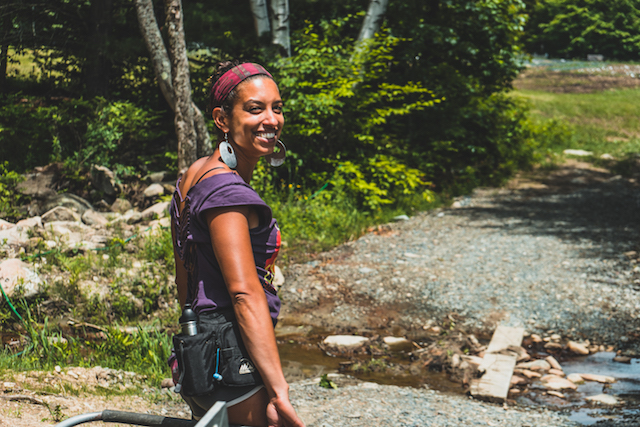
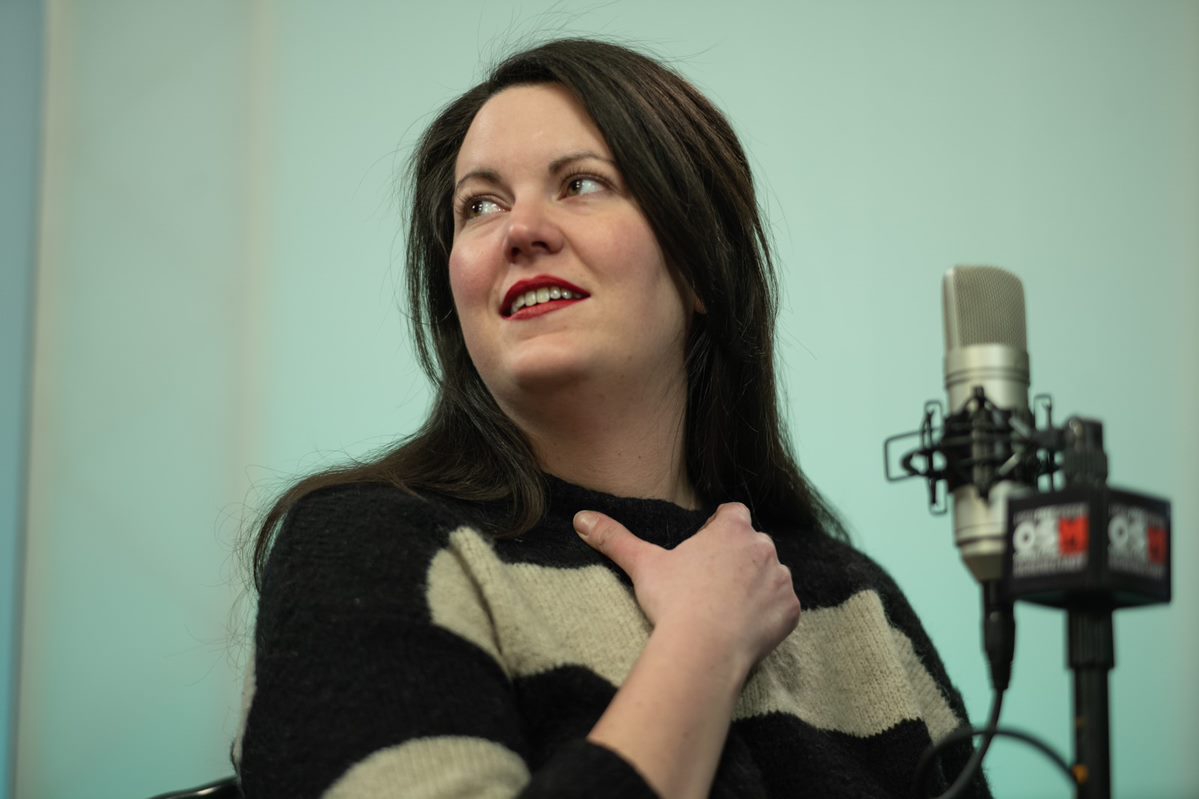
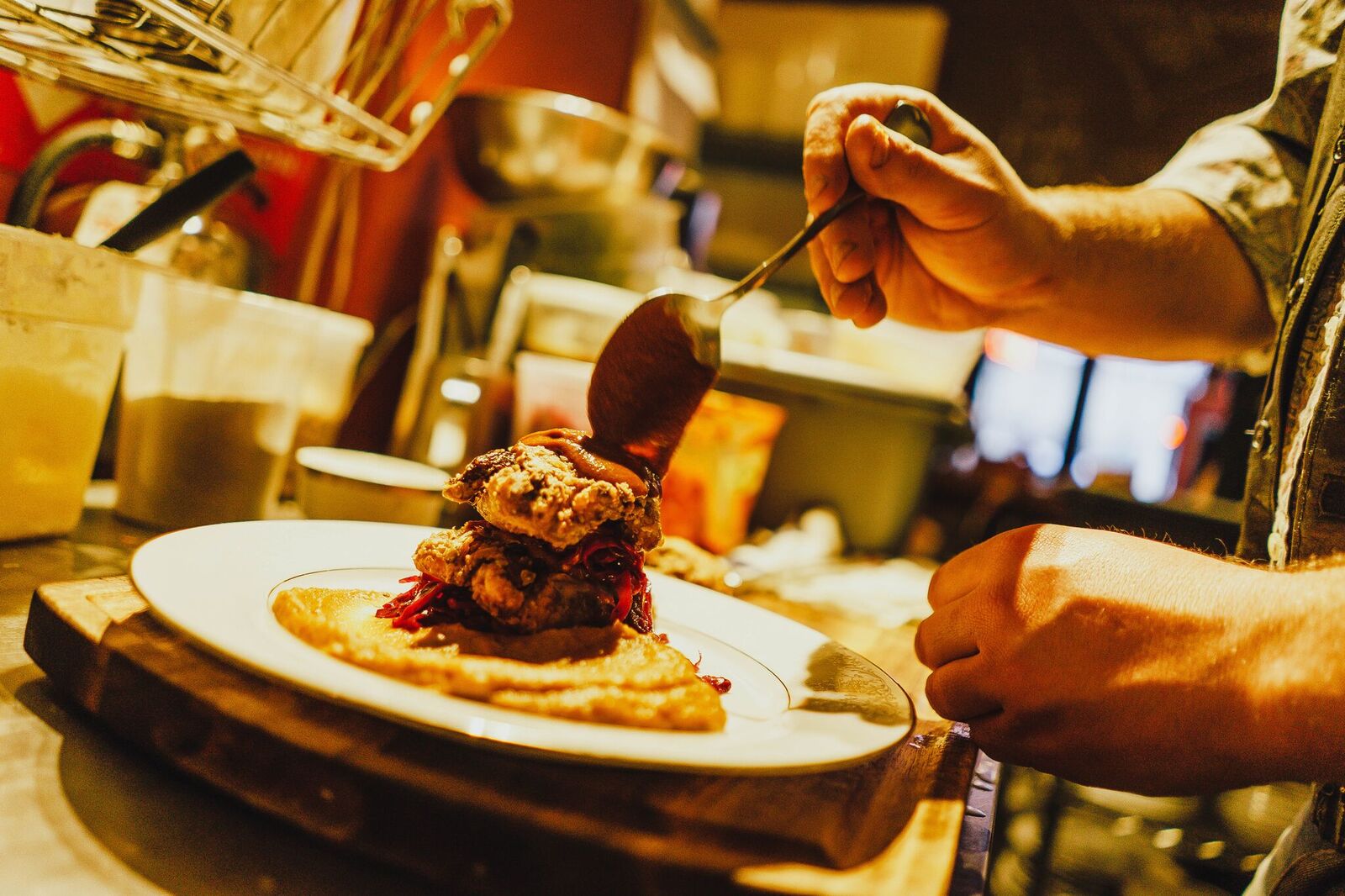
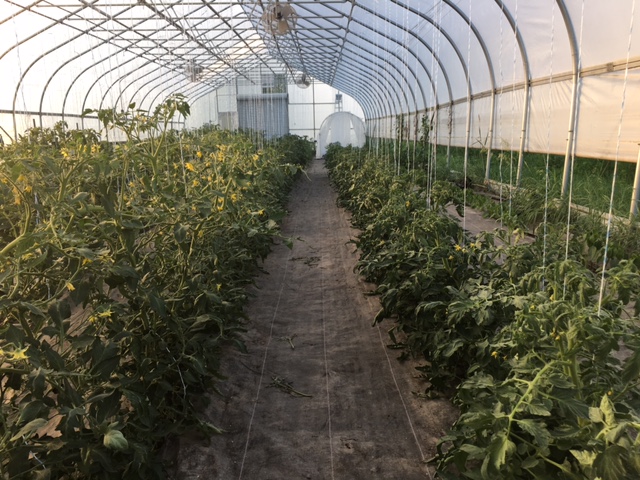
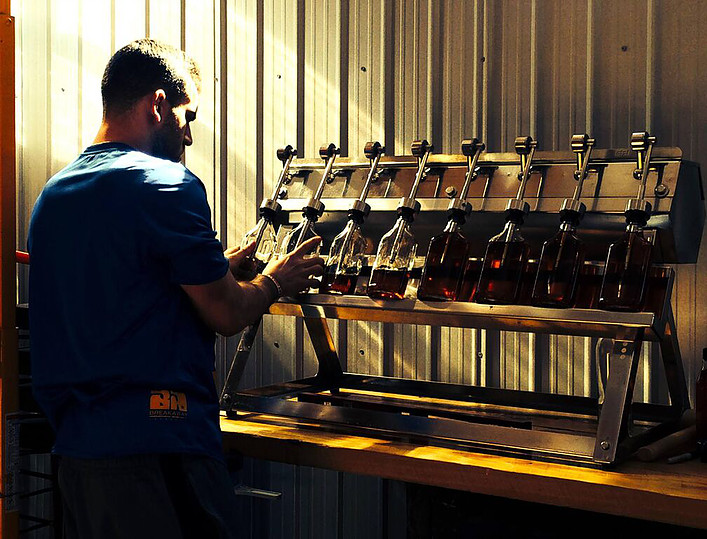
Trackbacks/Pingbacks